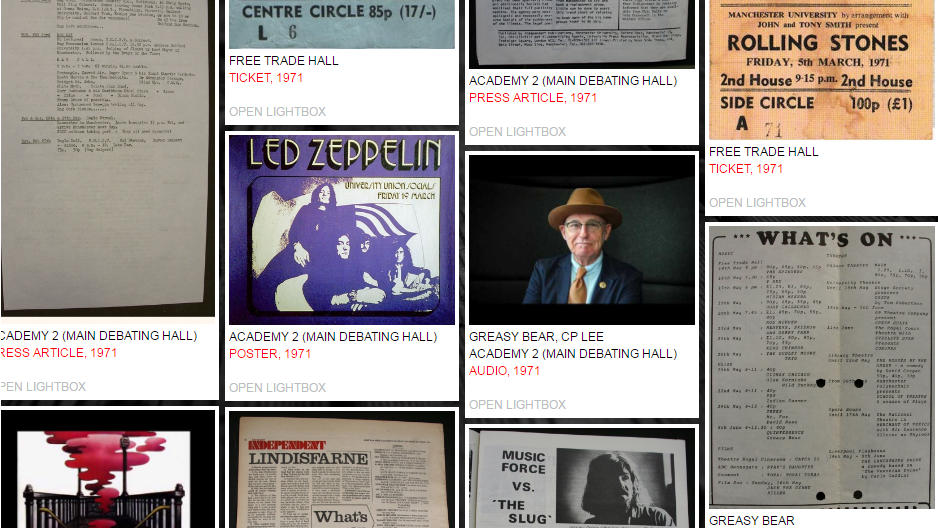Joy Division and Coronation Street treasures launch British Pop Archive
- Published
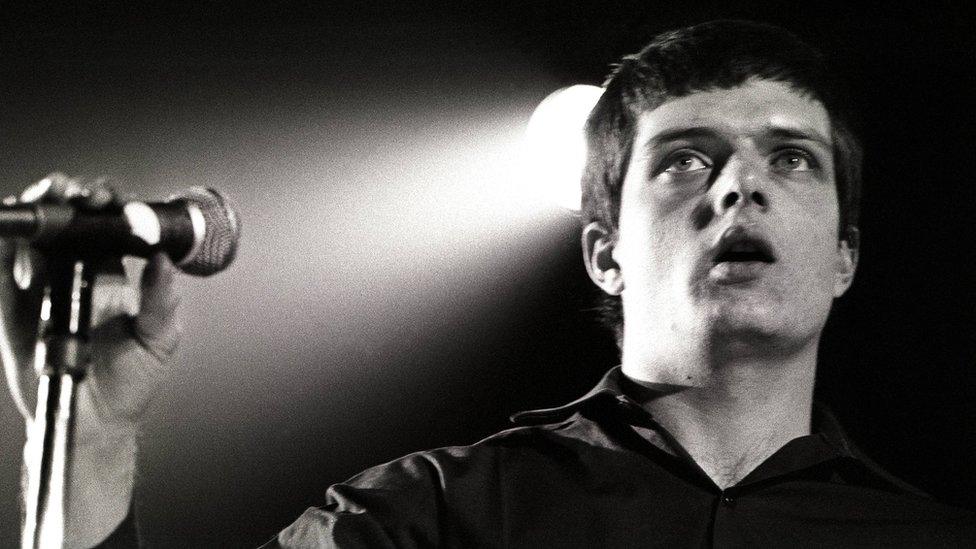
Ian Curtis's lyrics, notebooks and letters are among the highlights of the new collection
Handwritten lyrics by Joy Division's Ian Curtis and items from Granada TV's history are among the first objects in a new British Pop Archive.
A set of Curtis's lyrics, notebooks and letters is in the collection with the entire archive of Granada, which made shows like Coronation Street.
The British Pop Archive will be housed in Manchester's John Rylands Library.
"We're starting off with a Manchester theme, but I want this to be a British Pop Archive," Prof Hannah Barker said.
The project will launch with an exhibition in the city next month. Many items, including Curtis's lyrics, have not previously been seen in public before.
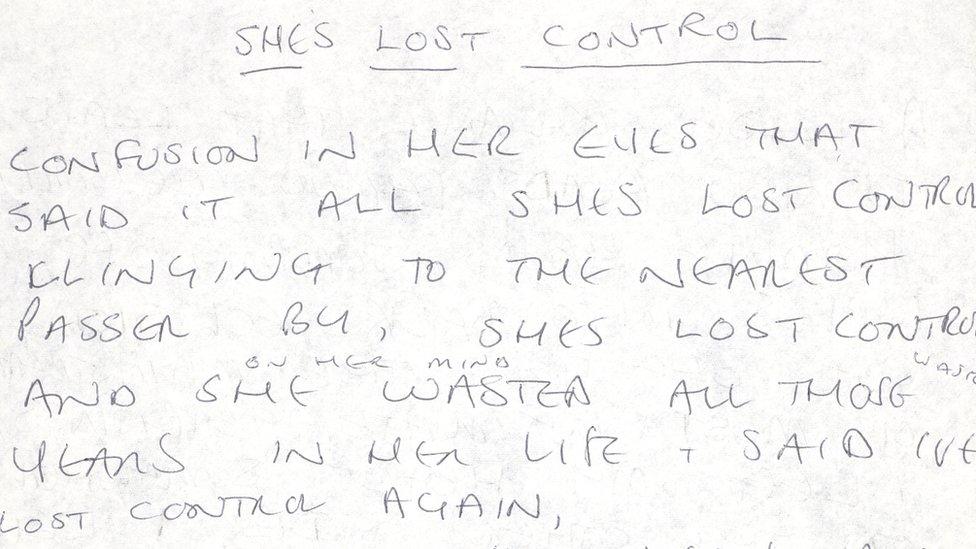
The Joy Division lyrics include She's Lost Control
They include the late singer's alternative lyrics written for the 1980 Joy Division album Closer and an unused verse for the song Atmosphere.
"There's something about seeing music that you're very familiar with and seeing its genesis on paper, and people's edits, that's very exciting," said Prof Barker, who is professor of British history at the University of Manchester and director of the John Rylands Research Institute.
The library will also house the archive of Joy Division and New Order manager and Factory Records co-founder Rob Gretton.
"He literally kept records of everything he did right from the beginning, so that's a fantastic and really big resource," Prof Barker said.
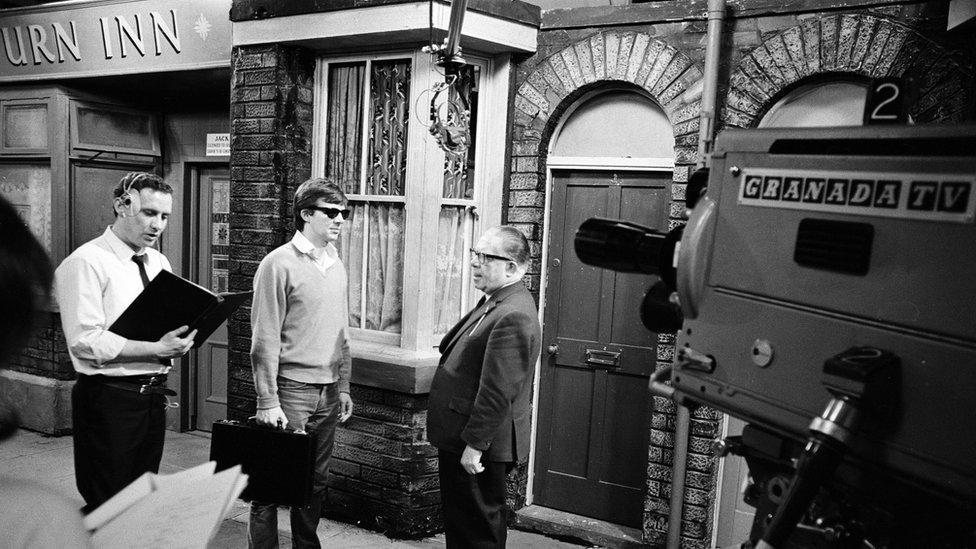
The extensive Granada company archive spans the 1950s to the 1990s
As well as pop music, the archive will cover all forms of popular culture.
Documentary-maker David Olusoga, who is professor of public history at the University of Manchester, described the Granada archive, which spans the 1950s to the 1990s, as "a major record of a crucial era in TV history".
Prof Barker said: "Everybody knows Coronation Street, which is really important as one of the first programmes that takes the lives of working class people seriously. But also Granada's news and documentary outputs were really influential."
She said the Granada files had been stored in a warehouse in North Yorkshire for the past 30 years and had not been accessible.
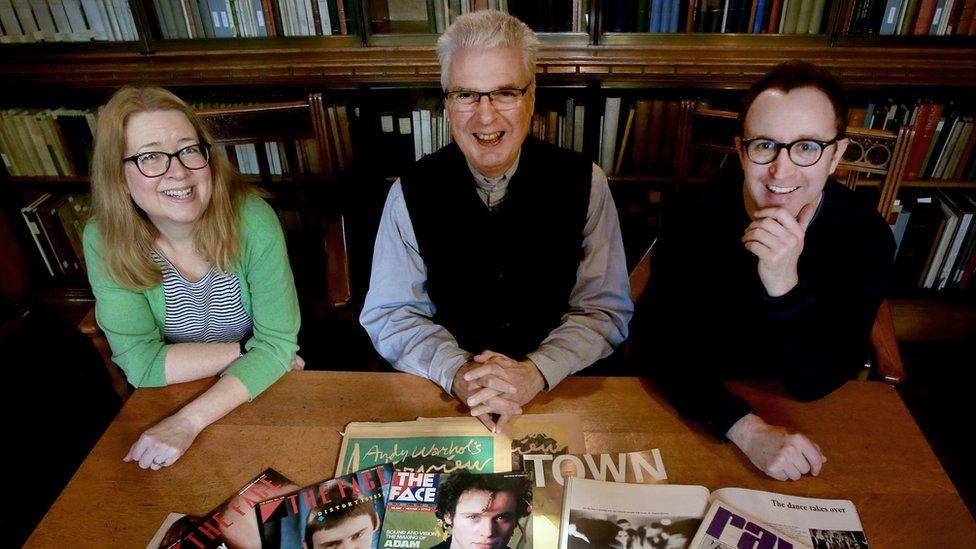
Hannah Barker, Jon Savage and Mat Bancroft have created the archive
"When I first started asking people in Manchester if they knew what had happened to the archive - because I knew that one used to exist in Manchester which was accessible to researchers - people said they thought it had been destroyed," she said.
"But I did a bit of digging around, and located where it was, and it was perfectly safe and intact. ITV were very happy actually to return it to Manchester."
Prof Barker said her ambition for the archive is to encompass "post-war popular culture across the whole of the UK", including youth culture and countercultural movements. She is "just as interested in the audiences and fans as I am in the stars", she said.
She is working with author and music historian Jon Savage, who has been appointed professor of popular culture at the University of Manchester.
Post-war British popular culture "is Britain's gift to the world and we want to reflect it in the materials that we collect", he said. "And these materials will be available to the public - that is the most important principle."
The first exhibition, titled Collection, will open at the John Rylands Library on 19 May.
Related topics
- Published24 March 2022
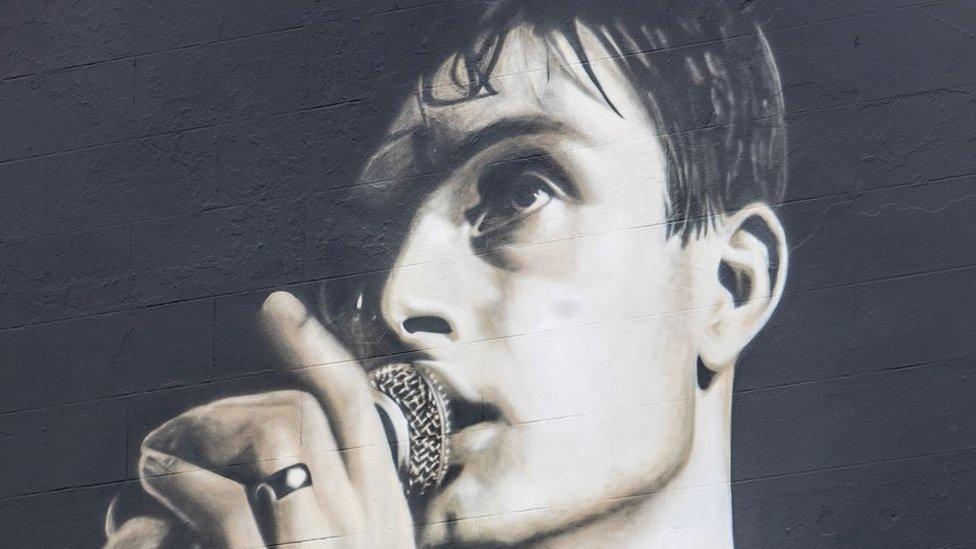
- Published19 June 2021
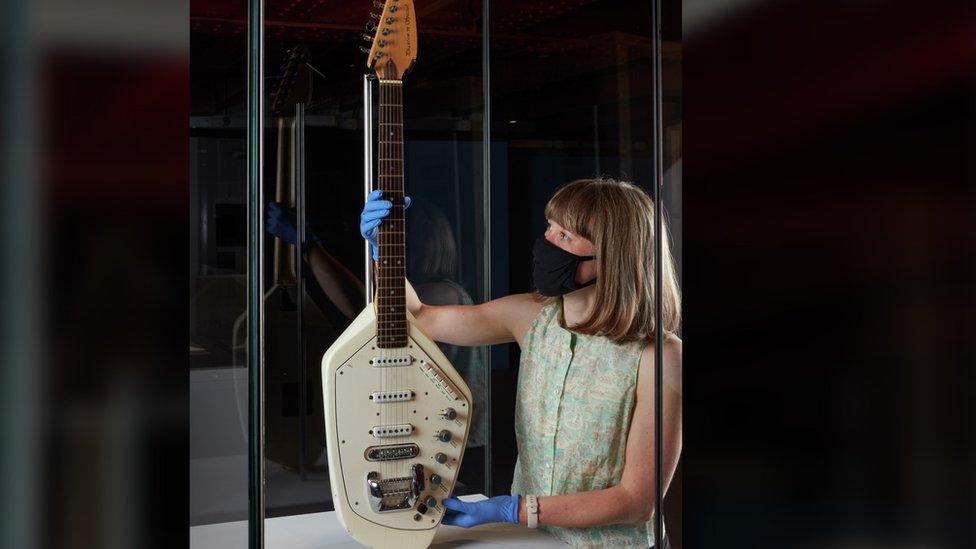
- Published21 October 2017
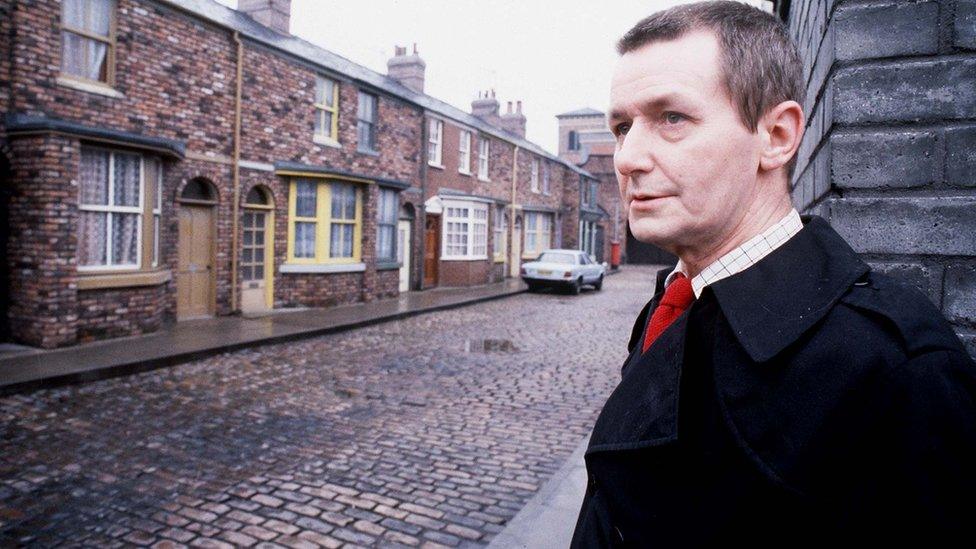
- Published14 October 2016
